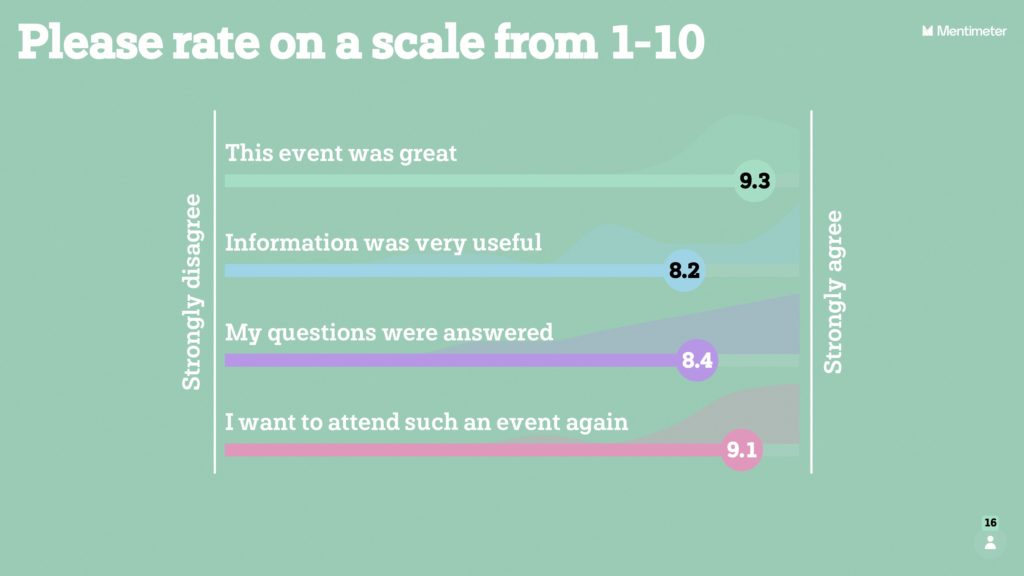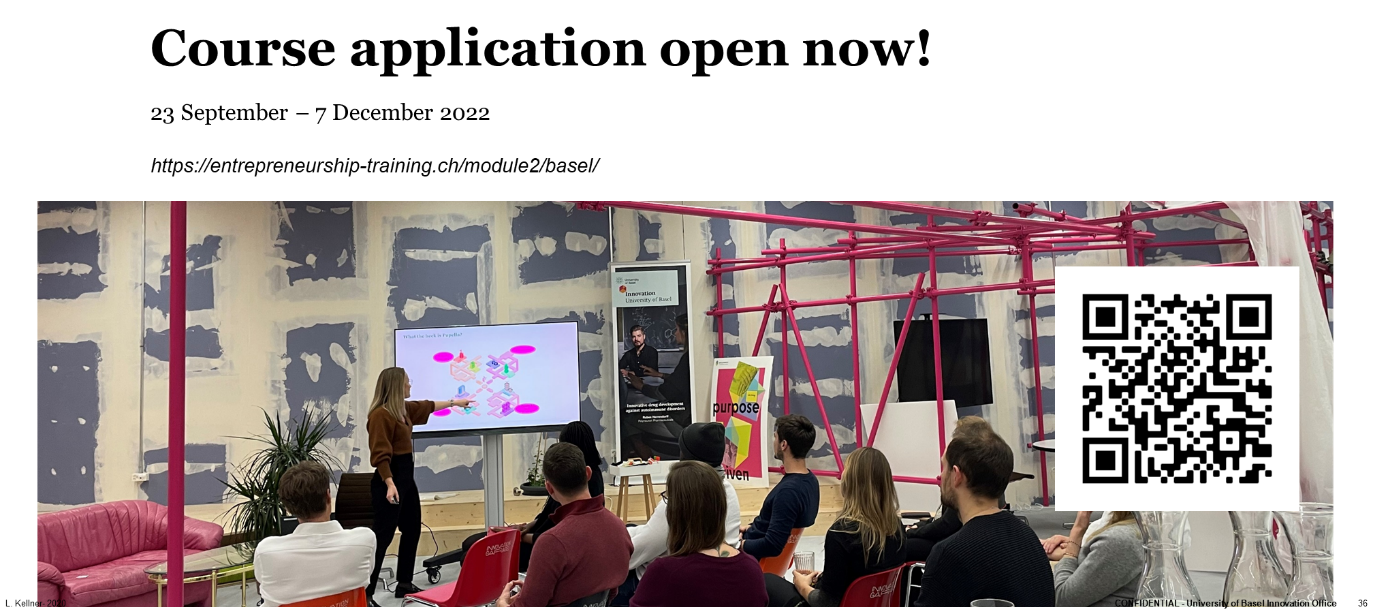The PPHS PhD Day is a yearly event to foster the exchange among PhD candidates in the Health Sciences at the University of Basel. On May 19 2022, about 30 PhD candidates participated in this PhD day mostly on site. We thank all the participants and especially the speakers for their contributions. Student presentations Three PhD students from PPHS presented their research, each one in a different stage of their PhD. We very much appreciated the efforts Doris, Jeanne and Daniela took in order to present their research. Doris Osei Afriyie: “Equitiy in health insurance enrollment in low and middle-income countries (LMICs): A systematic review and meta-analysis” Doris has just published her systematic review in the International Journal for Equity in Health. She addressed the Universal Health Coverage (UHC) that all people have access to quality essential services without financial hardship (WHO 2016) by searching the literature systematically for health insurance enrollment in lower and middle-income countries (LMICs). Jeanne Lemant: “Validating the modelled impact of malaria vector control interventions using randomised controlled trials” Jeanne is a first year PhD student in Epidemiology at the Science Faculty and has just presented her PhD Proposal at the Swiss TPH research commission. In her talk she clearly presented the basics of a mathematical model of malaria she will use to reproduce randomized controlled trials evaluating vector control interventions (bed nets and Indoor Residual Spraying) to validate the model predictions. Mathematical models can support the choice of malaria interventions to maximize health impact with a constrained budget. Jeanne appreciates all comments she received. She would like to point out that OpenMalaria is a model of Plasmodium falciparum malaria but that other models within her team are developed for Plasmodium vivax, and correct that infectivity of Anopheles mosquitoes is usually not measured during experimental hut trials, but in captures of wild mosquitoes. Daniela Montero Salas: “Improving genotyping methods in antimalarial clinical trials” Being a first year PhD student in Microbiology, Daniela presented her PhD proposal. Her main objective is to improve methodologies to determine the efficacy of an antimalarial treatment and monitor the emergence of resistance. She will develop and compare the results of 3 genotyping technologies and analyze them with 3 different algorithms. During the PhD Day, she met two other PhD students who are working with two of the clinical trials from where she receives blood samples. Daniela appreciates all comments she received. She would like to let you know the following answers: We also thank all listeners for their written comments to all the talks. We handed them over to all three speakers who remain open for any further discussion. Contact pphs@unibas.ch to receive their contact details. Academic Speed Dating This year, we organized our academic speed dating in groups of three people. Each person mentioned three facts about themselves, explained the research topic by omitting the research methods. The other two persons were asked to guess the methods used. We hope you met new people and found some or even many similarities. Innovation and Science Apart from research, we chose innovation as a further topic for this PhD Day: (1) The innovation office of the University of Basel is our new neighbour at our PPHS office in Allschwil and (2) we would like to encourage you to think in an entrepreneurial way about your PhD research. One day, you may transfer you research results into a product. Marc Pfister showed us one example during his presentation. Marc is passionate about intelligent digital health solutions that improve the lives of children and their families. Therefore, he co-founded a spin-off from the University of Basel, NeoPrediX – a young, innovative company in the medical technology software field. They aim to suupoort clinicians in their decisions about drug administration in babies and children. Founding a company, especially alongside your PhD, is hard work, needs allies, and awareness of what you do not know. The main reason for your resilience in entrepreneurship is passion. “WHAT IS YOUR PASSION?” Marc challenged the audience. One tip from him: visualize your passion and make that visible in a place you walk by every day. Marc’s talk was framed by an introduction of the Innovation Office at the University of Basel, namely by one of their team members, Douglas Häggström. The Innovation Office is the central contact point at the University of Basel for all matters related to innovation and entrepreneurship. It is funded by the University of Basel, as well as through grants and industrial partners. Activities at the Innovation Office include an entrepreneurship program consisting of FEMtrepreneurs, propelling grant, general start-up support, MedTech programs, and entrepreneurship training. The next training, promoted by Innosuisse, starts on 23 September: https://entrepreneurship-training.ch/module2/basel/PhD day 2022







